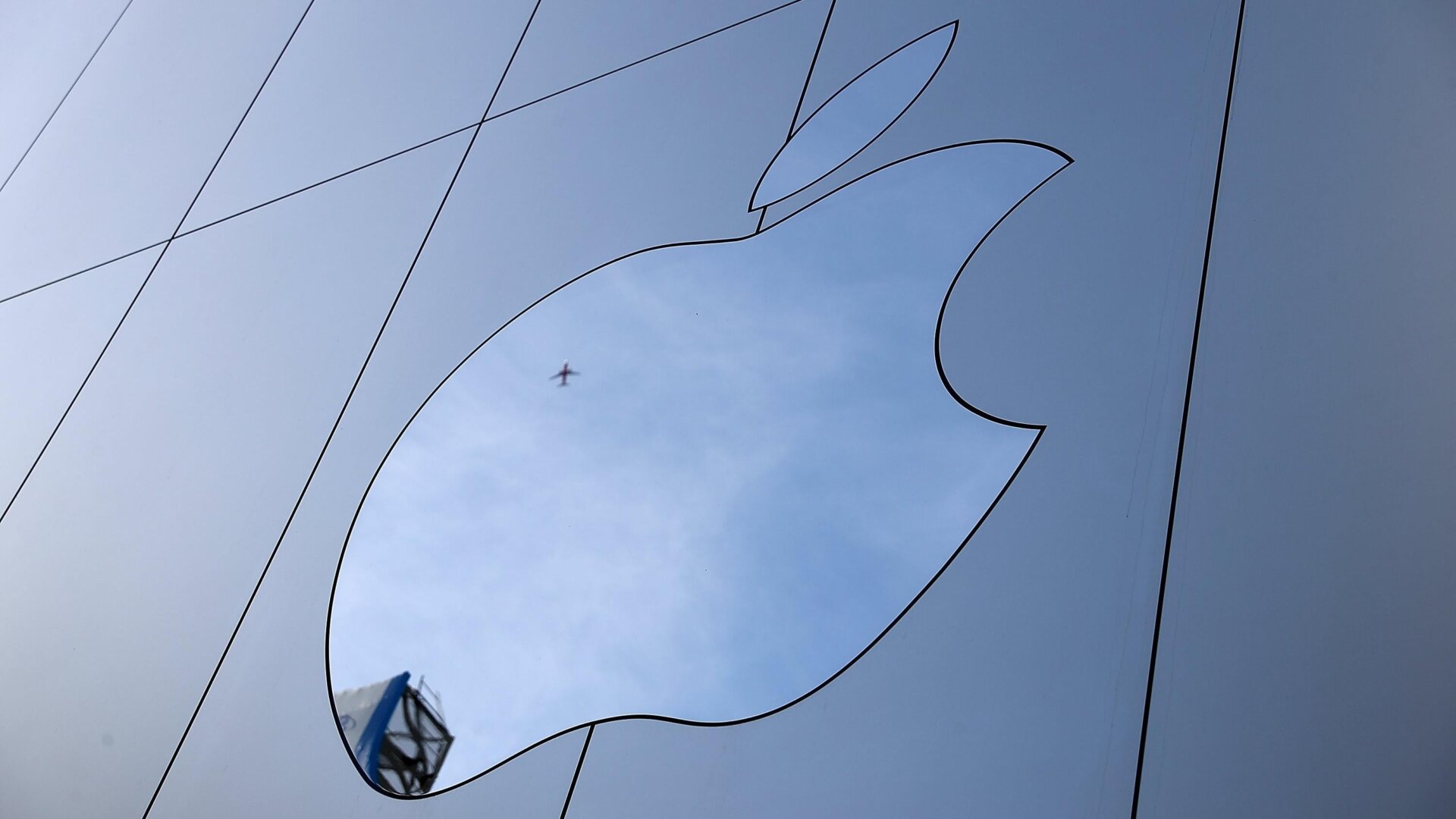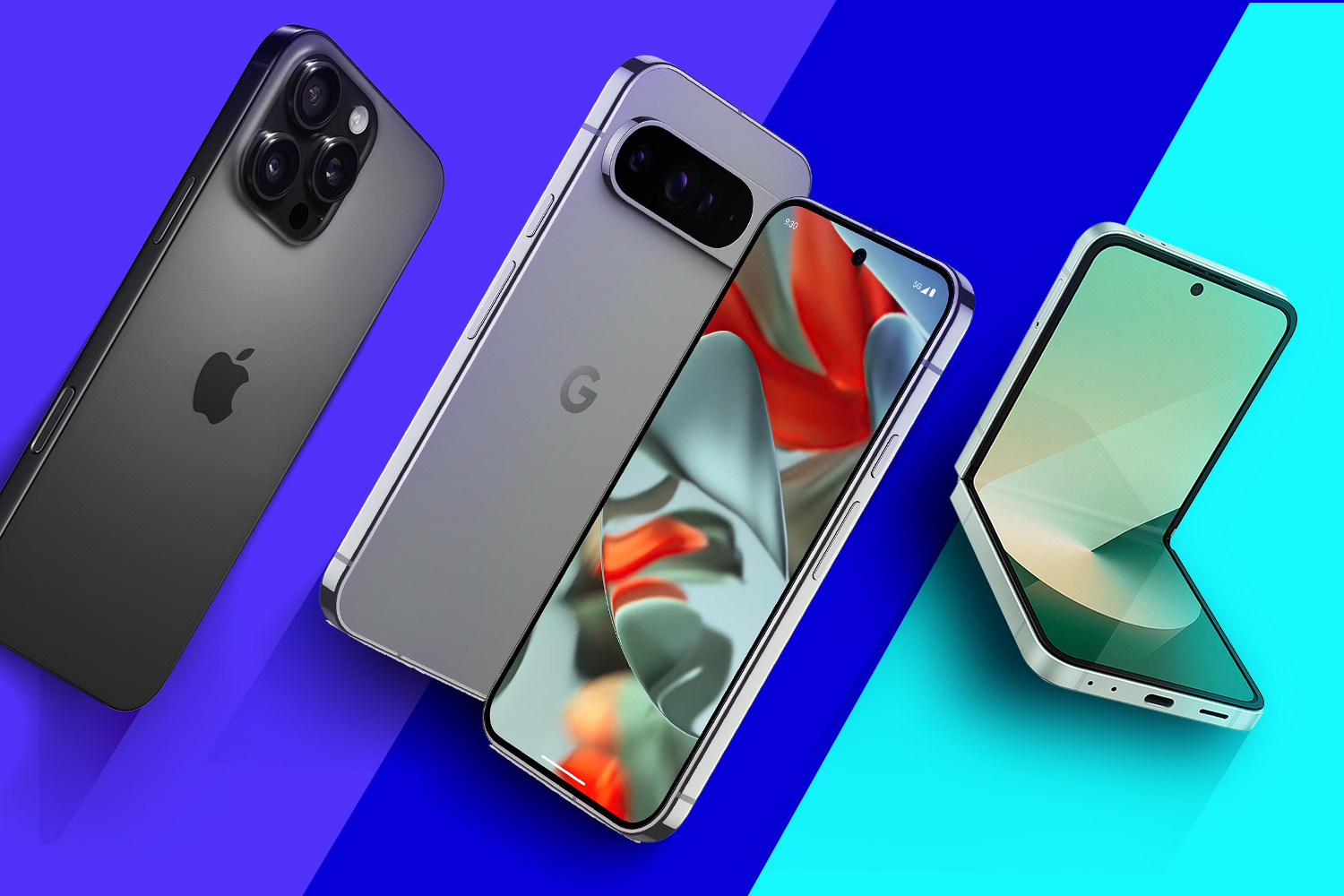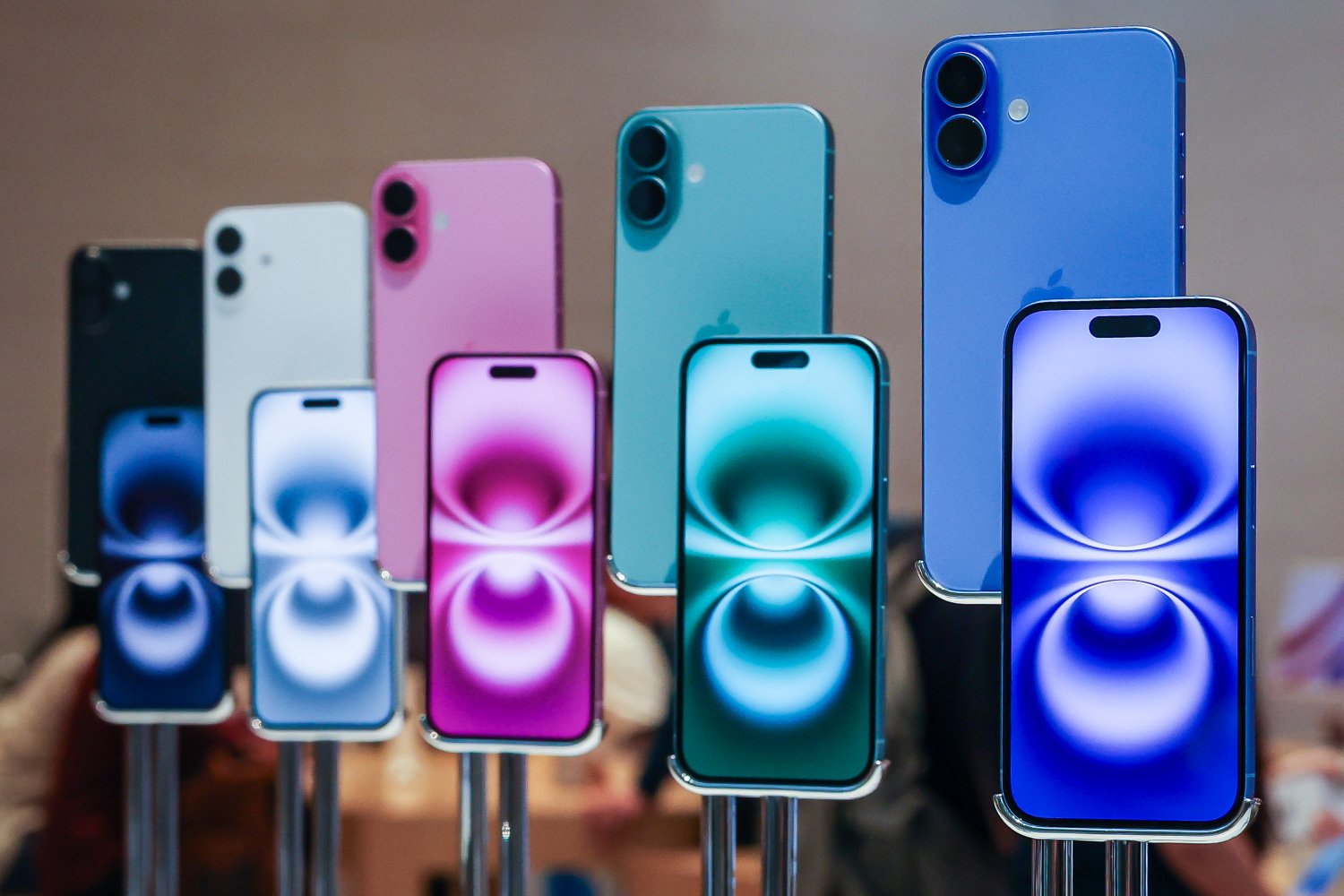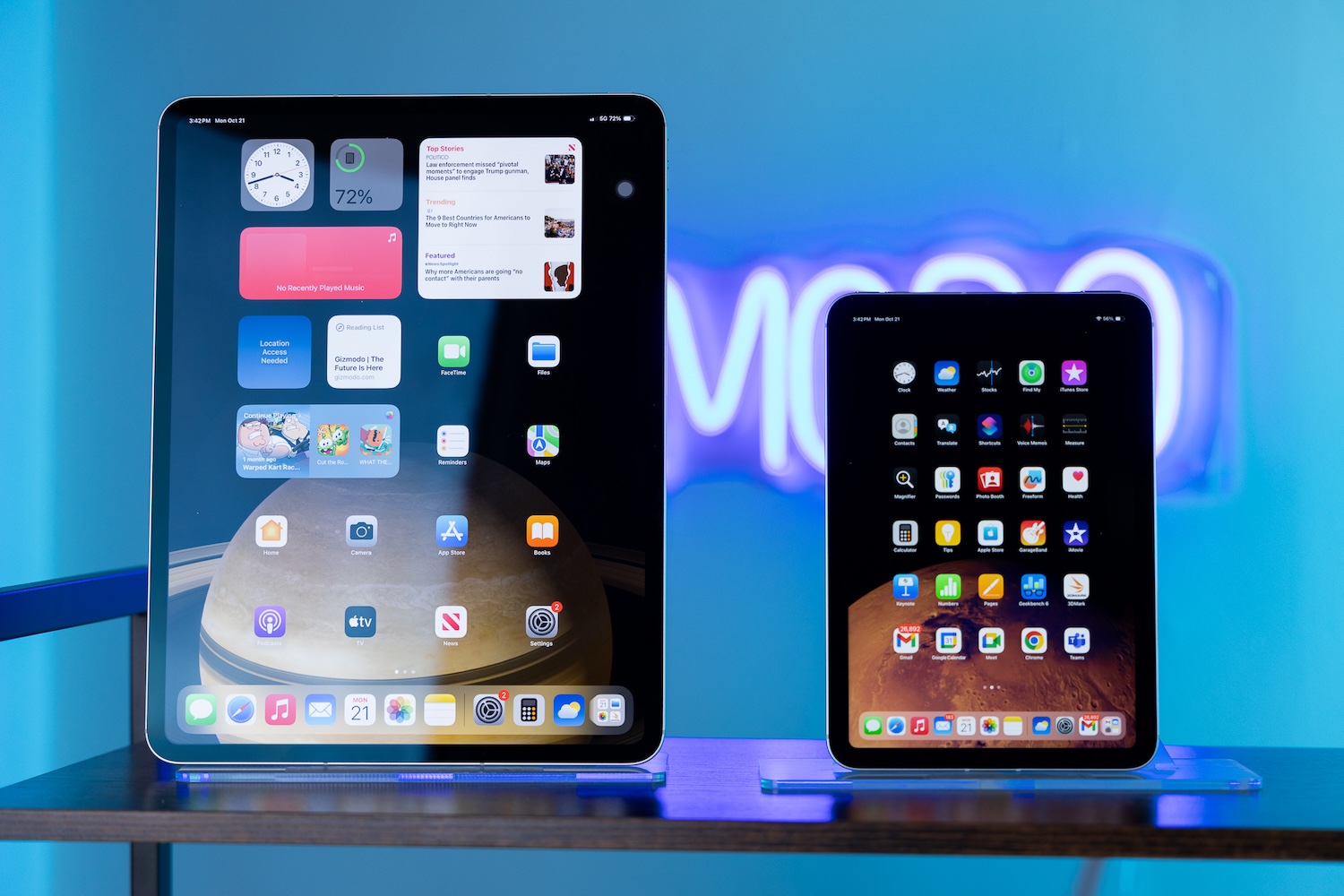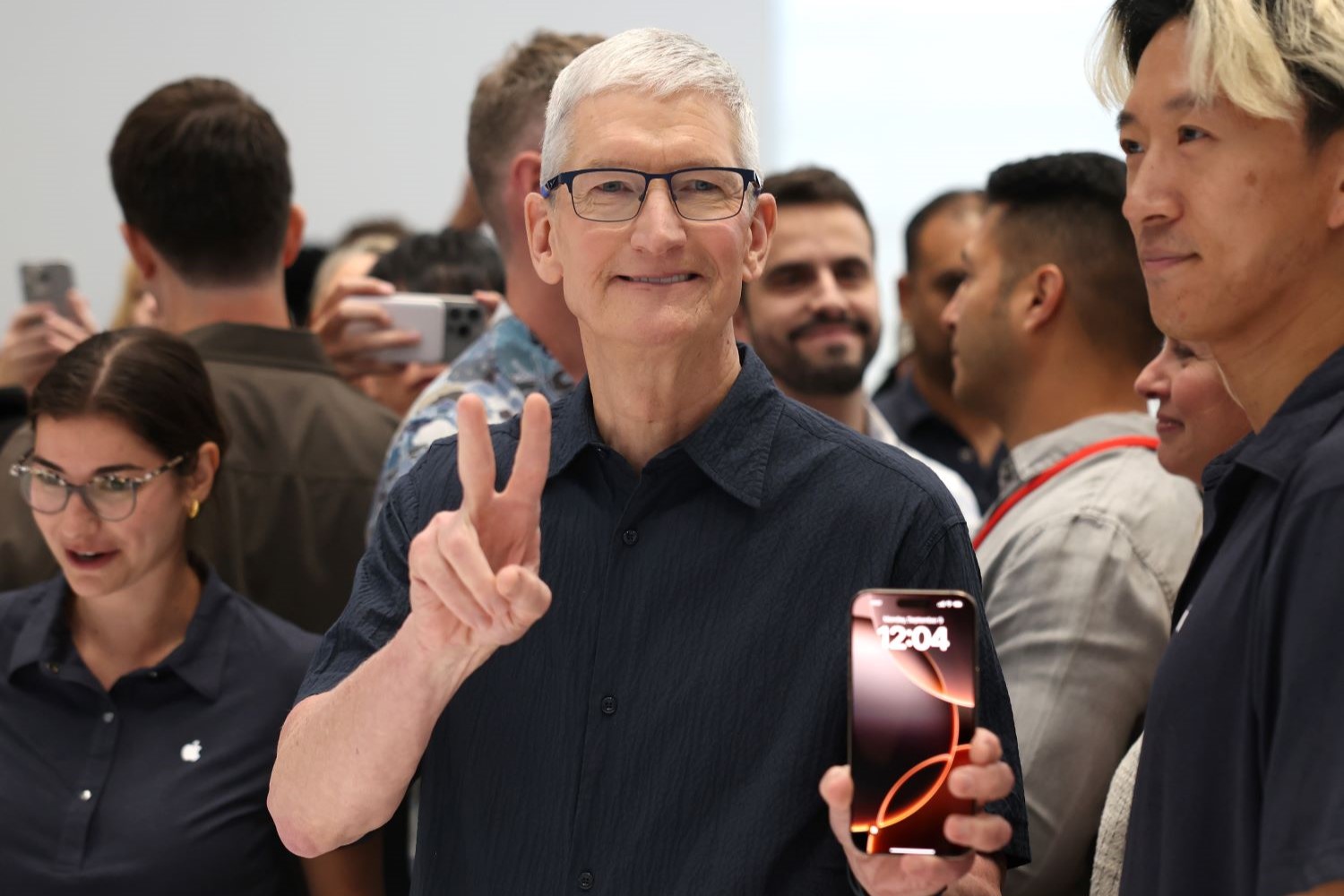Apple has expanded its guidance on the potential magnetic interference of its gadgets with medical devices. In recent days, it released a long and detailed list of products that it says should be kept a “safe distance away” from medical devices.
In a support article, Apple acknowledged that under certain conditions, magnets and electromagnetic fields might interfere with medical devices. As an example, it said that implanted pacemakers and defibrillators might contain sensors that respond to magnets and radios when in close contact. The effect of the company’s products on medical devices, which it has addressed, has been a point of concern in recent months and prompted research on the subject.
“To avoid any potential interactions with these types of medical devices, keep your Apple product a safe distance away from your medical device (more than 6 inches / 15 cm apart or more than 12 inches / 30 cm apart if wirelessly charging),” Apple said. “Consult with your physician and your device manufacturer for specific guidelines.”
This is not a small matter. In January, researchers at the Henry Ford Heart and Vascular Institute explained that they placed an iPhone 12 over the heart of a patient with a Medtronic implanted cardioverter-defibrillator. They reported that the device’s operations were suspended every time. While the study was done a single patient, it raised important questions. Recently, a study by the American Heart Association examined the impact of an iPhone 12 Pro Max on a larger scale with various devices, finding that several of those tested had “magnetic susceptibility.”
Apple added in the support article that if an individual suspected that their Apple product was interfering with their medical advice, they should stop using the device immediately and consult with their physician and medical device manufacturer.
The detailed list of Apple products, which Apple notes contain magnets, that the company says should be kept a safe distance from your medical device is listed below.
AirPods and charging cases
AirPods and Charging Case
AirPods and Wireless Charging Case
AirPods Pro and Wireless Charging Case
AirPods Max and Smart Case
Apple Watch and accessories
Apple Watch
Apple Watch bands with magnets
Apple Watch magnetic charging accessories
HomePod
HomePod
HomePod mini
iPad and accessories
iPad
iPad mini
iPad Air
iPad Pro
iPad Smart Covers and Smart Folios
iPad Smart Keyboard and Smart Keyboard Folio
Magic Keyboard for iPad
iPhone and MagSafe accessories
iPhone 12 models
MagSafe accessories
Mac and accessories
Mac mini
Mac Pro
MacBook Air
MacBook Pro
iMac
Apple Pro Display XDR
Beats
Beats Flex
Beats X
PowerBeats Pro
UrBeats3
These aren’t the only Apple products that contain magnets, though. The company said that certain other Apple products contain magnets, but that those are unlikely to interfere with medical devices. Users can find out more information on these other products in Apple’s user guides for its products.
Interestingly, as spotted by MacRumors, Apple did not make a specific reference to its iPhone 12 lineup. In a January support article, Apple said that although the iPhone 12 lineup had more magnets tan past iPhone lineups, it was “not expected” to pose a greater risk of magnetic interference to medical devices than prior models. This language was absent from this updated support article.
It should be said that this is not a problem specific to Apple. Many devices, from radios and headphones to Fitbits and vape pens have been known to cause magnetic interference. The Food and Drug Administration also acknowledges this, advising people to keep certain consumer electronic devices, such as certain cell phones and smart watches, at least six inches away from implanted medical devices.
It’s important for Apple to keep its consumers with medical devices informed about the possible effects of its products. However, considering humanity’s drive for continued technological innovation, magnets aren’t going to disappear. Medical device makers need to seriously think about addressing these issues in their products as well, or maybe even partnering with players like Apple to work on solution together, for the safety of those who are vulnerable.
